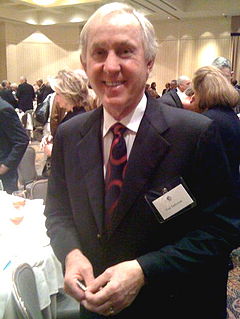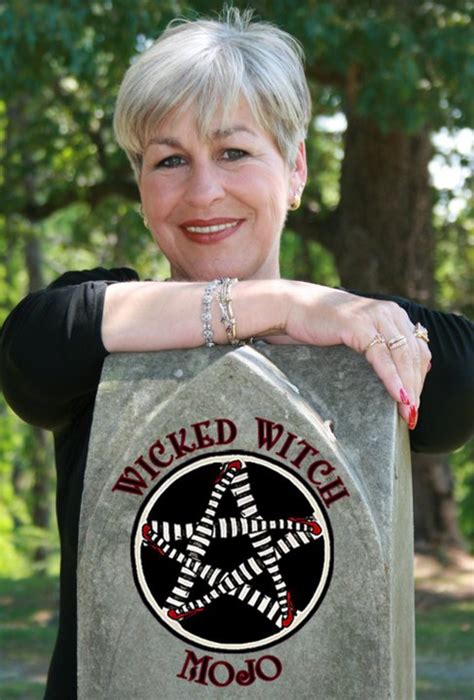A Quote by Edsger Dijkstra
How do we convince people that in programming simplicity and clarity - in short: what mathematicians call elegance - are not a dispensable luxury, but a crucial matter that decides between success and failure?
Related Quotes
Simplicity is never a matter of circumstances; simplicity is a matter of focus. So in the midst of educating and parenting our children, we can't necessarily go ahead and make everything fit into neat, controllable, simple schedules. But the point is, simplicity is: how do we keep our eyes fixed and focused on Christ, no matter where we are?
Outside observers often assume that the more complicted a piece of mathematics is, the more mathematicians admire it. Nothing could be further from the truth. Mathematicians admire elegance and simplicity above all else, and the ultimate goal in solving a problem is to find the method that does the job in the most efficient manner. Though the major accolades are given to the individual who solves a particular problem first, credit (and gratitude) always goes to those who subsequently find a simpler solution.
Establishing and maintaining clarity for yourself and what you want is the starting point for success. Thus, maintaining extraordinary clarity is necessary to achieve extraordinary success. The problem is that most people maintain a mediocre level of clarity, which inevitably leads to a mediocre level of success.
If optimism is important, it's because many outcomes are determined by how much of it we bring to the task. It is an important ingredient of success. This flies in the face of the elite view that talent is the primary requirement of a good life, but in many cases the difference between success and failure is determined by nothing more than our sense of what is possible and the energy we can muster to convince others of our due. We might be doomed not by a lack of skill, but by an absence of hope!
The central attitudes driving the Water Torturer are:
You are crazy. You fly off the handle over nothing.
I can easily convince other people that you're the one who is messed up.
As long as I'm calm, you can't call anything I do abusive, no matter how cruel.
I know exactly how to get under your skin.
Prison life taught him how little one can get along with, and what extraordinary spiritual freedom and peace such simplification can bring. I remember again, ironically, that today more of us in the world have the luxury of choice between simplicity and complication of life. And for the most part, we, who could choose simplicity, choose complication. War, prison, survival periods, enforce a form of simplicity on us. The monk and the nun choose it of their own free will. But if one accidentally finds it, as I have for a few days, one finds also the serenity it brings.
The line between failure and success is so fine that we are often on the line and do not know it. How many a person has thrown up his or her hands at a time when a little more effort, a little more patience, would have achieved success. A little more persistence, a little more effort, and what seemed hopeless failure may turn to glorious success.



































